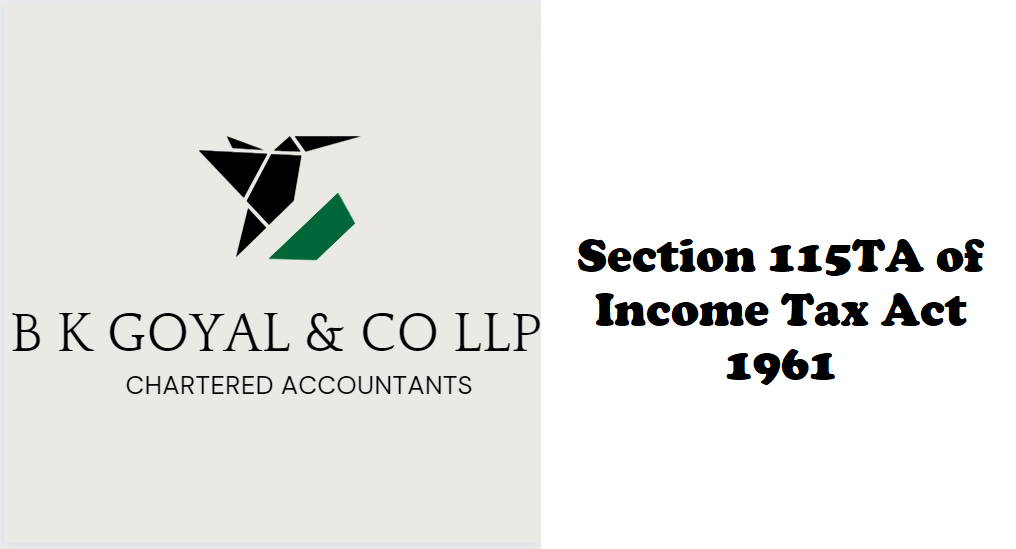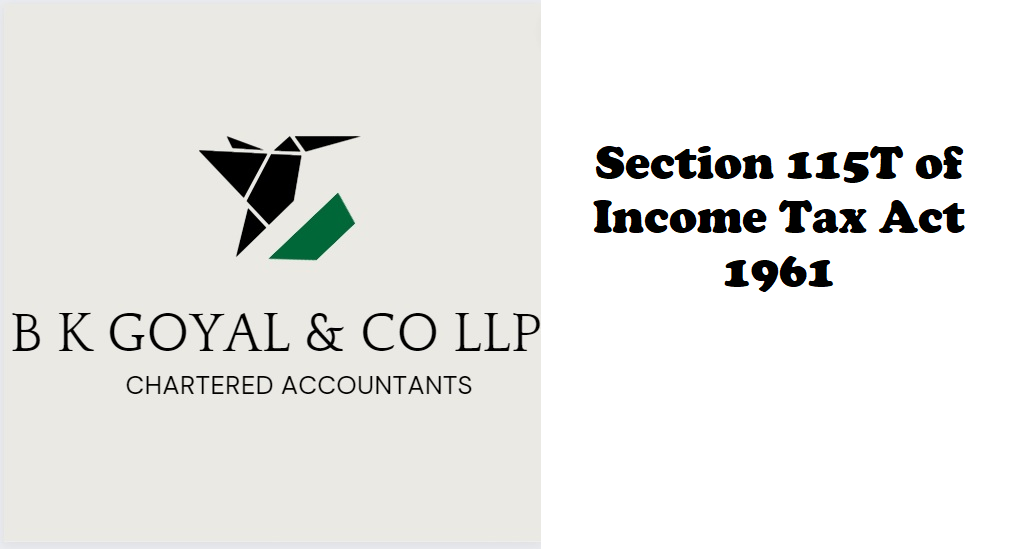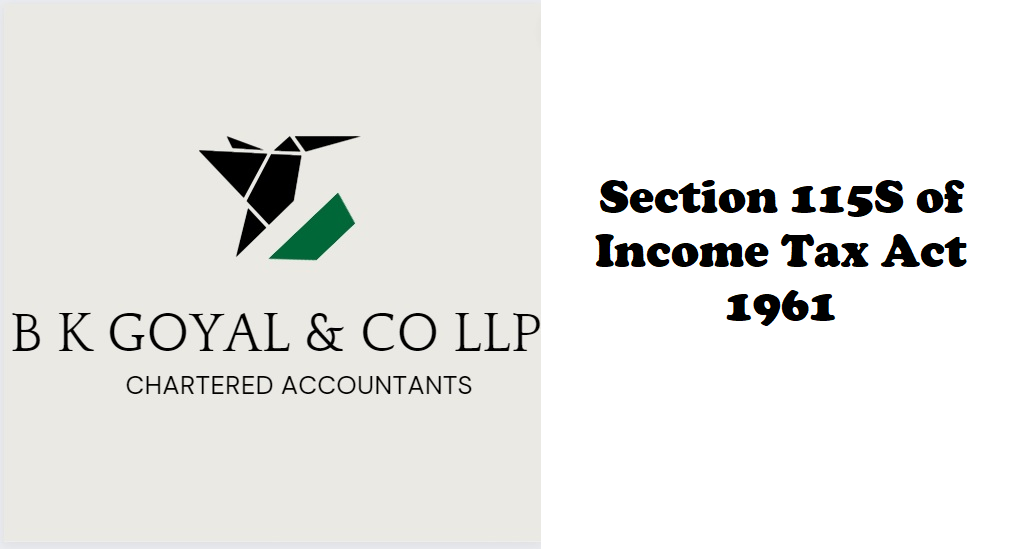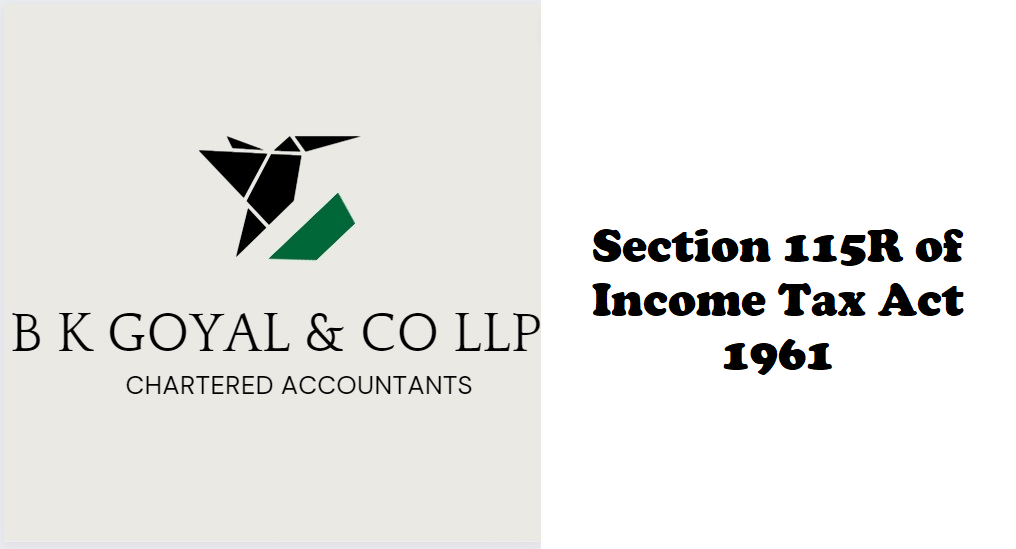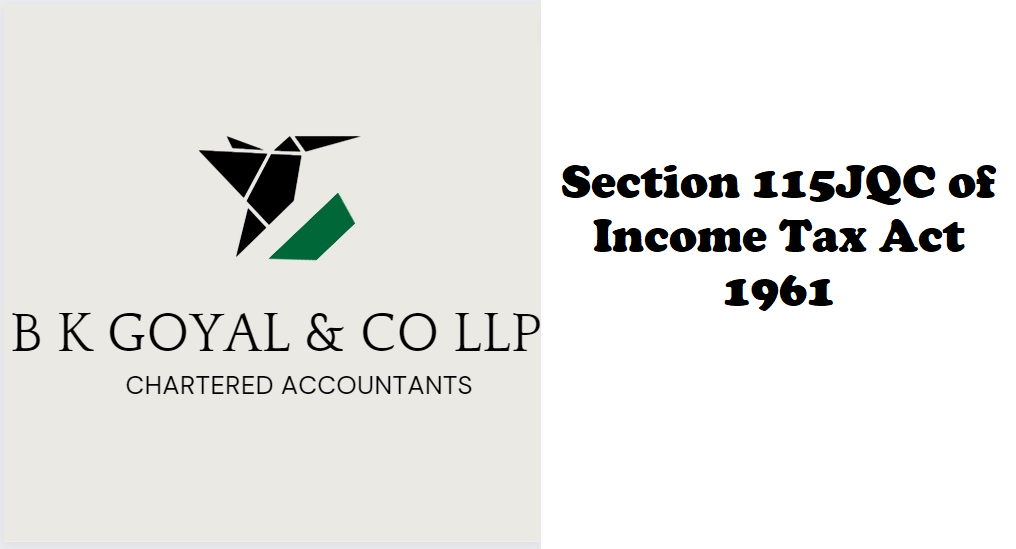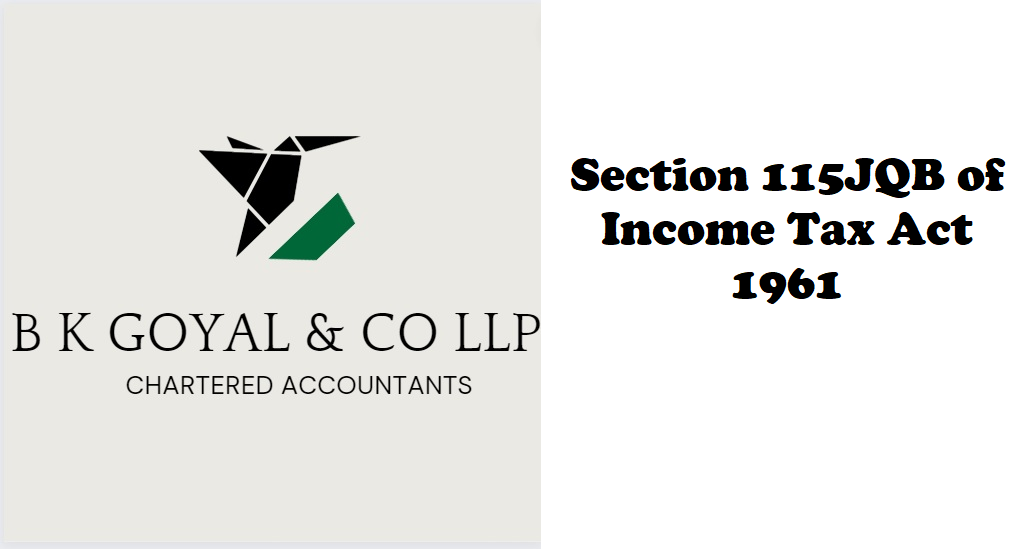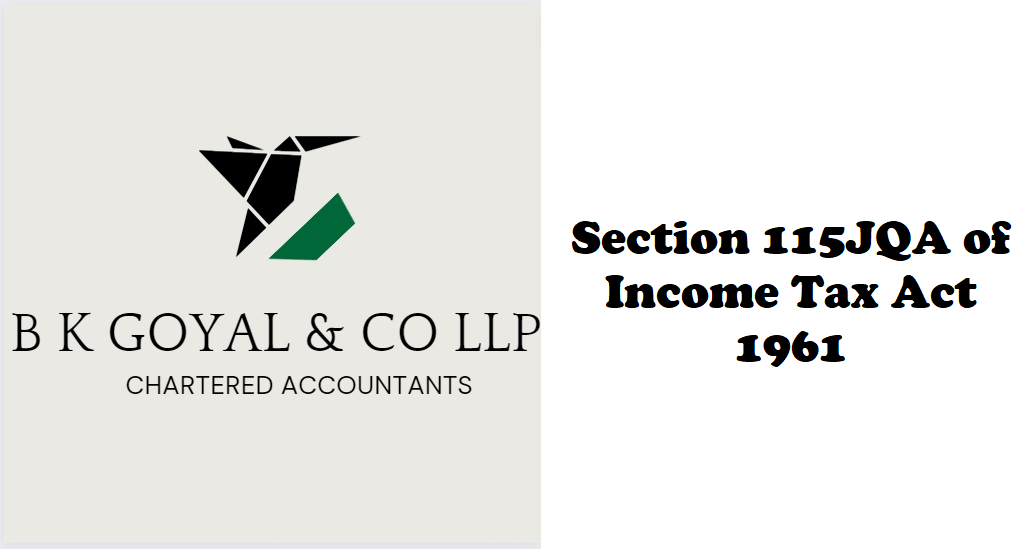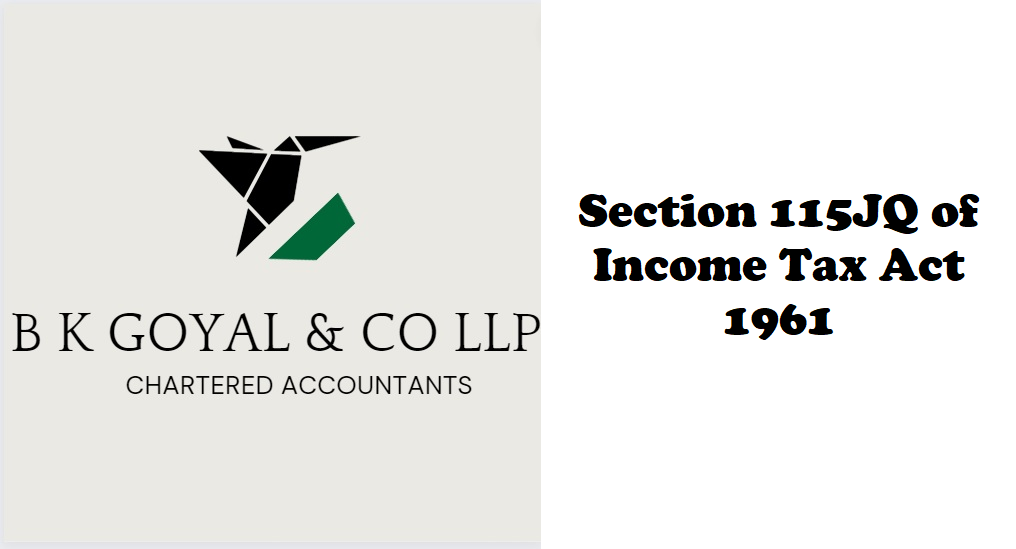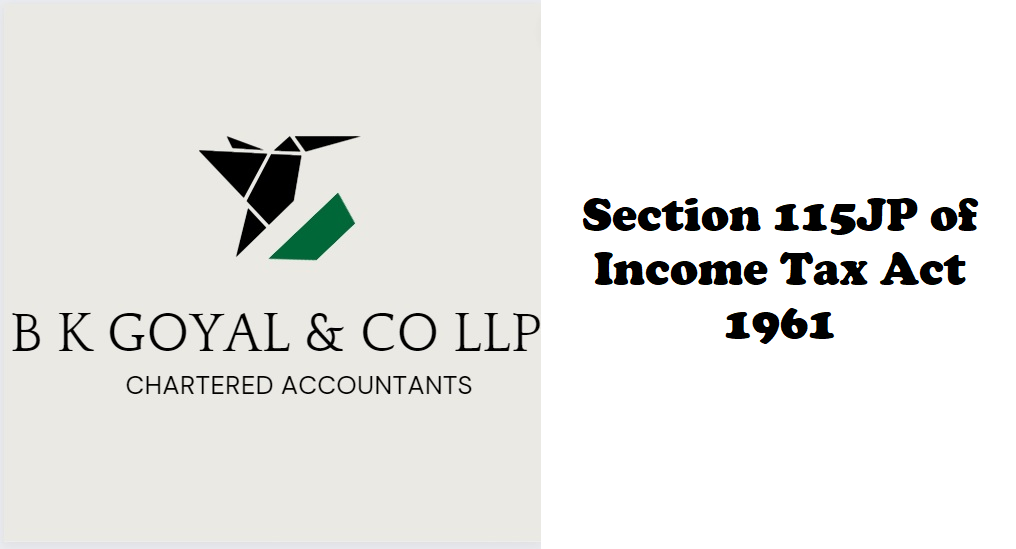In recent years, concerns about environmental sustainability have taken centre stage on the global platform. Innovative solutions are being explored as we grapple with the urgent need to combat climate change and reduce greenhouse gas emissions. One such solution gaining traction is the implementation of a carbon tax. In this blog, we will delve into the intricacies of the carbon tax, understand its implications, and explore its potential to usher in a sustainable future. Understanding Carbon Tax: A Step Towards Environmental Responsibility What is Carbon Tax? The carbon tax is a financial levy imposed on carbon dioxide (CO2) emissions generated by industries, transportation, and other sources. It incentivises businesses and individuals to reduce their carbon footprint and transition towards cleaner, renewable energy alternatives. How Does Carbon Tax Work? Carbon tax operates on the “polluter pays” principle, where those who emit greenhouse gases are held accountable for the environmental damage caused. Entities emitting carbon dioxide must pay a predetermined tax rate based on their emissions. The funds collected through carbon tax can be allocated towards environmental initiatives, renewable energy research, and mitigation efforts. Advantages of Implementing Carbon Tax Economic Incentives for Cleaner Practices By imposing a carbon tax, businesses are compelled to evaluate their carbon emissions and adopt cleaner technologies, thus driving innovation and investment in renewable energy sources. The tax provides an economic advantage to companies with lower emissions, encouraging them to gain a competitive edge and contributing to a greener economy. Promoting Sustainable Consumption and Production Carbon tax encourages consumers to choose environmentally-friendly alternatives by increasing the cost of goods and services produced with high carbon intensity. This incentivizes the adoption of sustainable practices throughout the supply chain and promotes the circular economy. Revenue Generation for Environmental Initiatives The funds generated from carbon tax can be channeled into projects that further environmental conservation efforts, such as afforestation, renewable energy infrastructure, and research and development of clean technologies. This revenue can contribute to job creation in green sectors, supporting economic growth while addressing climate concerns. Global Environmental Leadership Implementing carbon tax demonstrates a nation’s commitment to combat climate change and reduce greenhouse gas emissions. By taking a proactive stance, countries can inspire others to follow suit and contribute to a global effort in tackling environmental challenges. Frequently Asked Questions (FAQs) about Carbon Tax Is carbon tax the only solution for addressing climate change? Carbon tax is one of many policy tools that can help mitigate climate change. It is most effective when combined with other measures like renewable energy subsidies, energy efficiency programs, and international collaborations. How does carbon tax affect low-income households? Carbon tax can potentially impact low-income households, as increased costs of goods and services may be passed on to consumers. However, the revenue generated from carbon tax can be utilized to implement measures that alleviate the burden on vulnerable communities. Are there any success stories of carbon tax implementation? Several countries, including Sweden, Canada, and Finland, have successfully implemented carbon tax policies with positive outcomes. These initiatives have led to reduced emissions and stimulated the growth of renewable energy sectors. Conclusion: Paving the Way for a Sustainable Future Carbon tax offers a promising avenue for addressing climate change while fostering economic growth. Incorporating market-based incentives encourages businesses and individuals to transition towards cleaner practices and invest in sustainable technologies. We have a collective responsibility to protect our environment and preserve it for future generations. Implementing a carbon tax can play a significant role in achieving these objectives. While carbon tax may initially be seen as a financial burden for businesses, it ultimately catalyses positive change. Internalizing the costs of carbon emissions prompts industries to innovate and find more sustainable solutions. This leads to the development of cleaner technologies, increased energy efficiency, and reduced reliance on fossil fuels. Moreover, the carbon tax fosters a shift towards renewable energy sources like wind, solar, and hydroelectric power. As the tax incentivizes the adoption of these alternatives, it propels the growth of the green energy sector, generating new employment opportunities and bolstering economic development. Critics argue that carbon tax may disproportionately impact low-income households. However, it is crucial to note that well-designed policies can address these concerns. The burden on vulnerable communities can be alleviated by utilizing a portion of the tax revenue to implement progressive measures, such as income tax cuts, targeted subsidies, or direct rebates. Additionally, carbon tax encourages individuals to make environmentally conscious choices. With higher costs associated with carbon-intensive goods and services, consumers are motivated to opt for eco-friendly alternatives. This drives demand for sustainable products and fosters a culture of responsible consumption. One of the most significant advantages of carbon tax is its potential to position a country as a global leader in environmental sustainability. By implementing this policy, nations can showcase their commitment to combating climate change, attracting investment, and fostering international collaborations. In conclusion, the carbon tax is a vital tool in the fight against climate change and the preservation of our planet. By incentivizing emission reductions, promoting sustainable practices, and generating funds for environmental initiatives, it paves the way for a greener future. While challenges and considerations exist, effective policy design and a comprehensive approach can ensure the successful implementation of carbon tax. Let us embrace this opportunity to protect our environment and create a sustainable world for future generations. About the Author: CA Bhuvnesh Kumar Goyal is a practising Chartered Accountant since 2017 and a fellow member of the Institute of Chartered Accountants of India with membership number 540126. With a passion for environmental conservation and sustainable development, Bhuvnesh aims to bridge the gap between finance and sustainability to create a greener future. Through his expertise in accounting and taxation, he strives to assist businesses in navigating the complexities of environmental policies and promoting responsible practices. Connect with Bhuvnesh on LinkedIn for insights into sustainable finance and environmental stewardship. Note: This blog has been written by CA Bhuvnesh Kumar Goyal, a practising Chartered Accountant. The information provided is based on the author’s
